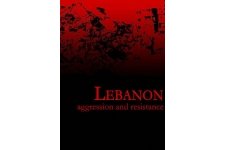Living modified organisms (LMOs), also known as genetically modified organisms (GMOs), are living organisms that have undergone changes in their genetic constitution by artificial incorporation of an exogenous gene into their genome, making use of recombinant DNA technology, also known as (…)

